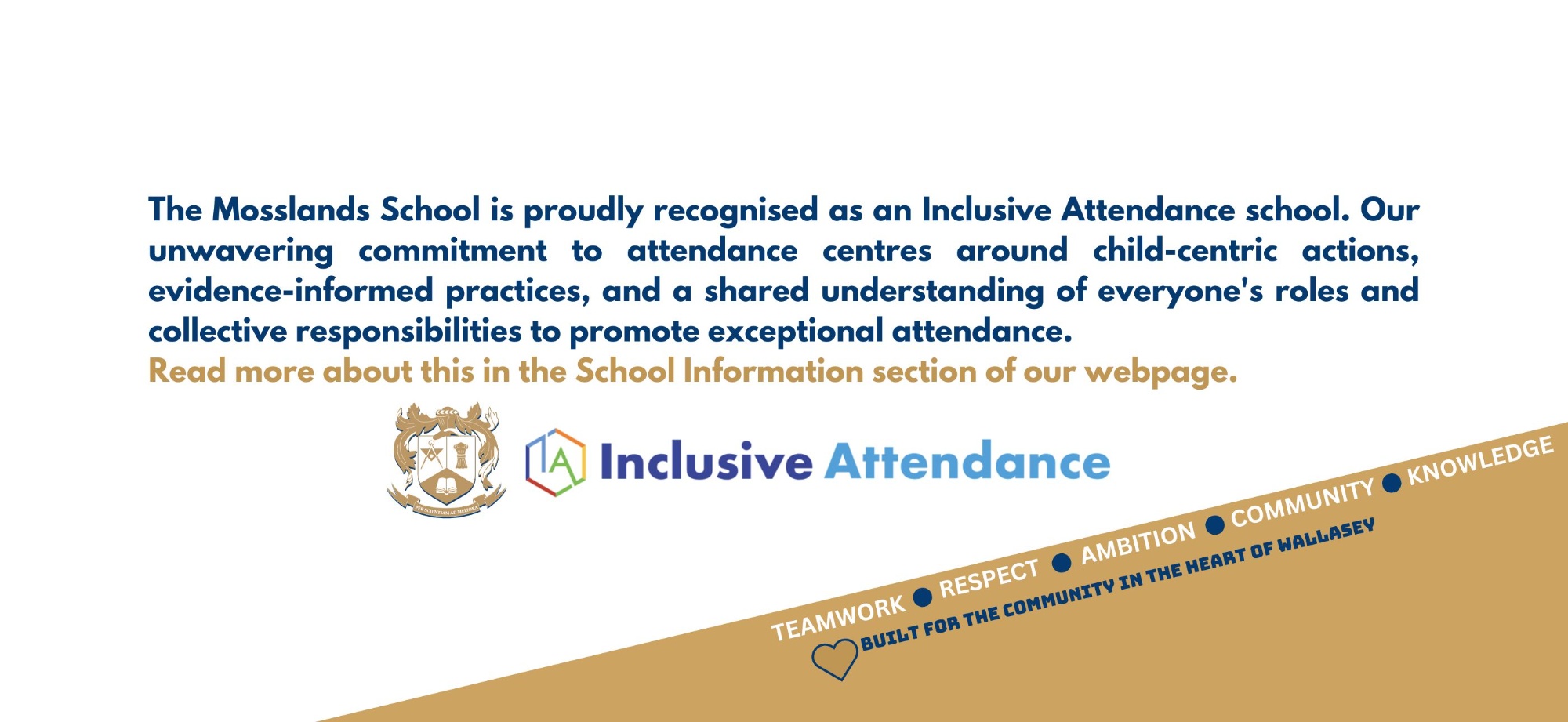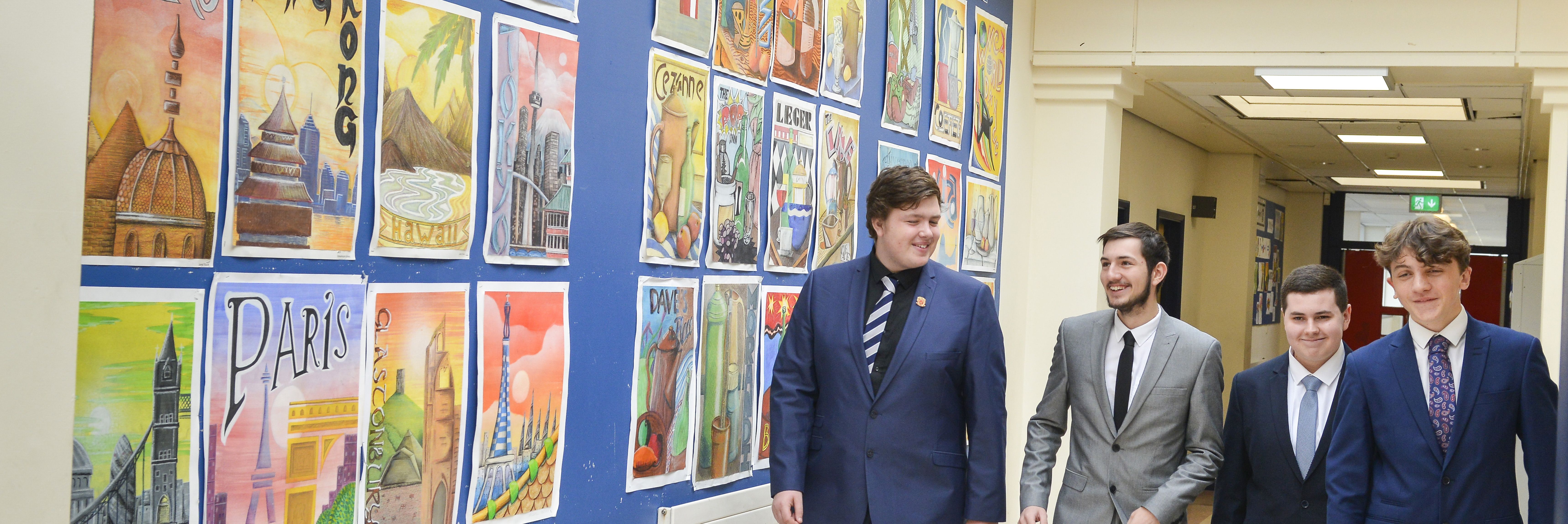Curriculum Intent Statement
Introduction
The Philosophy and Religious Studies curriculum is designed to help students explore profound philosophical, religious, and ethical questions surrounding the nature and impact of religion, the existence of God, life after death, the problem of evil, the origins of the universe, the morality of war, issues of human rights and what makes something good or evil. The curriculum encourages critical thinking, engagement with diverse worldviews, and teaches students to articulate themselves and respectfully debate big ideas.
Key Aims
● For students to feel confident in their use of sophisticated, topic-specific vocabulary for each unit.
● To explore religious, scientific, and humanist answers to some of life’s biggest questions.
● To approach the learning of different beliefs with curiosity and respect.
● To nurture the ability to form, justify, and evaluate personal opinions on challenging moral and ethical questions.
Content and Skills
Across years 7–9, students will explore key areas of philosophy and religion studying Christianity, Buddhism and Judaism in depth as ways of living. Students will also explore some of humanity’s most asked questions such as ‘How did we get here?’, ‘Does God exist?’, ‘Can evil and God co-exist?’, ‘Is there life after death?’ and many more.
Ethical themes include prejudice and discrimination, war, human rights, and relationships, with a strong focus on how religion shapes ways of living and influences society today.
Students will develop the ability to define and use key terms, describe and explain religious and ethical concepts, and summarise core beliefs and teachings. As students progress, they will learn to compare religious and non-religious perspectives, analyse and evaluate arguments, and apply ethical reasoning to contemporary issues. By Year 9, students are expected to form and justify their own well-reasoned opinions, show empathy towards different worldviews, and apply critical thinking and debate skills to complex moral and philosophical questions.
Progression
● Students begin by defining and applying key concepts, building a strong vocabulary.
● They move on to explaining and summarising core arguments and accounts, such as creation narratives and parables.
● Students will then evaluate various arguments such as “Does evil prove God doesn’t exist?” or “Is war ever justified?”
● Students will develop the ability to construct well-reasoned personal positions informed by evidence, philosophical reasoning, and empathy for diverse perspectives.
Wider Impact
● Promotes tolerance and understanding of different worldviews in modern society.
● Equips students with reasoning and evaluative skills transferable to debates about science, politics, and ethics.
● Encourages moral reflection on issues of global importance, such as human suffering and war.
● Prepares students to become thoughtful, informed citizens who can navigate complex moral and existential questions with confidence and respect.











